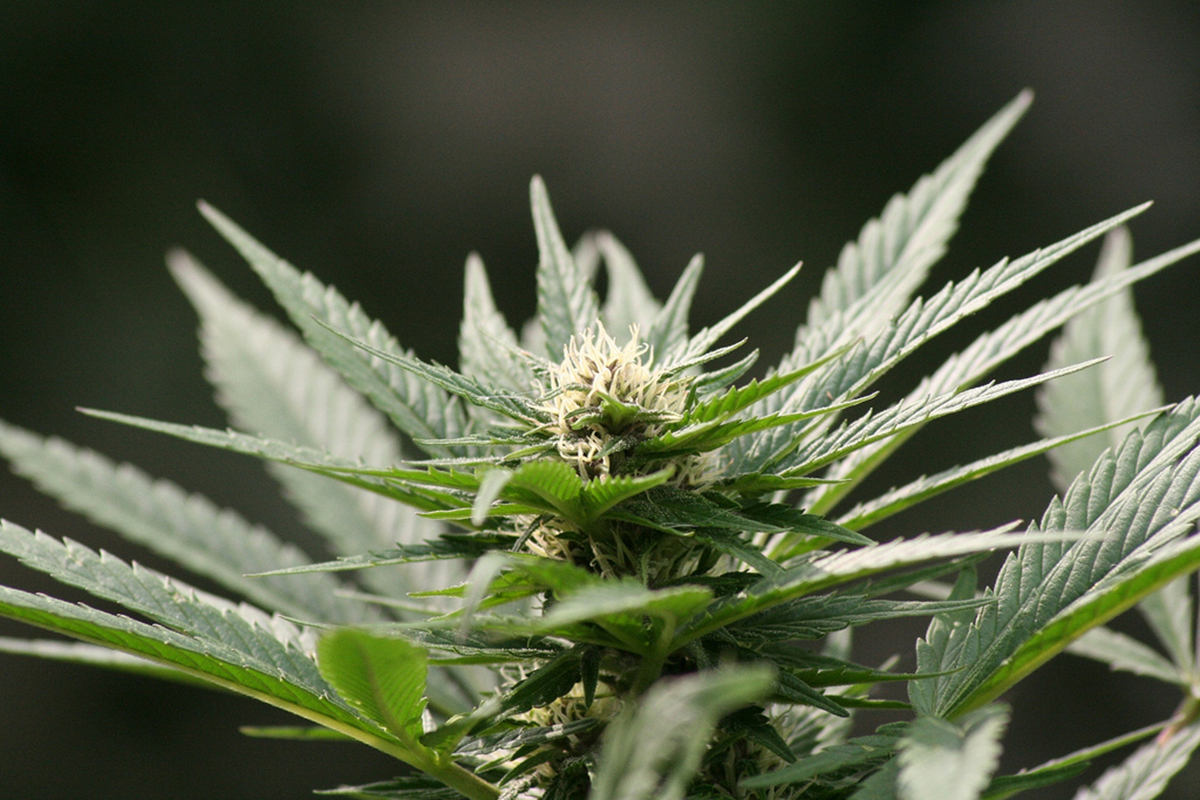Table of Contents
Social Behavior And Anxiety
A study performed on mice showed that people with prolonged exposure to cannabinoids were found to have decreased social interactions and increased aggressive behavior. This can however depend on the type of cannabinoid receptors affected. For instance, cannabinoid receptors that respond to glutamine (excitatory neurotransmitter in the brain) are involved in increased social interaction and decreased aggressive behavior, and for the cannabinoid receptors that respond to GABA, (inhibitory neurotransmitter), it is quite the opposite.

Energy and general metabolism
The endocannabinoid system also regulates our overall body metabolism through its effects on peripheral organs such as the liver, adipose tissue, digestive system, pancreas and skeletal muscles. Henceforth, it may play a role in metabolic diseases such As diabetes, obesity and atherosclerosis.
Pain Regulation
The cannabinoid system is also thought to regulate pain perception and transmission. This is mostly done at the level of the spinal cord. By stimulating the cannabinoid receptors on the sensory limb of the spinal cord (called the dorsal horn) the endocannabinoids increase the release of noradrenaline, which in turn prevents the transmission and processing of pain impulses in the dorsal root ganglion. This is one of the reasons why cannabinoids are sold in pharmacy as potent analgesics, or as part of herbal supplements formulas.
Sleep
Ensdocannabinoids induce and promote sleep. They increase our brain levels of adenosine, which is a chemical that has been shown to decrease arousal and increase sleep. Cannabinoids also increase the episodes of REM sleep. In studies made of rats, it was shown that their brain levels of endocannabinoids were higher in the day (which is when rats are the least active, since they are nocturnal).
Reproduction
Studies have demonstrated that exogenous cannabinoids can either increase or decrease the likelihood of implantation in females. For instance, if one’s levels of endogenous cannabinoids are already low, then taking exogenous cannabinoids can improve the chances of implantation. However, if the endogenous cannabinoids are high, exogenous cannabinoids would decrease the chances of implantation. The link between cannabinoids and implantation is justified by the fact that during embryogenesis, the embryo develops cannabinoid receptors to facilitate recognition by endogenous cannabinoids.
Immune function
See Also: Marijuana and the Immune System
They also favor the movement of lymphocytes into their functional zone, as well as the increase of immunoglobulin levels (particularly IgM which is the immunoglobulin released first in acute inflammation).
With all that is said and done, the body would not produce something that we wouldn't need to function. Cannabinoids have their role and part to play in several body functions, the most important being the maintenance of adequate metabolism, regulation of digestive functions and efficacy of the immune system. However, some effects of cannabinoids (more negative than positive) are dose dependent, and those are surely the unwanted effects that we are being warned about these days.
- en.wikipedia.org/wiki/Endocannabinoid_system#Expression_of_receptors
- www.ncbi.nlm.nih.gov/pubmed/16570107
- www.drugabuse.gov/publications/marijuana-abuse/how-does-marijuana-produce-its-effects
- headsup.scholastic.com/articles/the-science-of-marijuana
- headsup.scholastic.com/articles/endocannabinoid
- Photo courtesy of skhakirov by Flickr : www.flickr.com/photos/lancerenok/538515114/
- Photo courtesy of Martijn by Flickr : www.flickr.com/photos/van_mij/3942140049/


Your thoughts on this